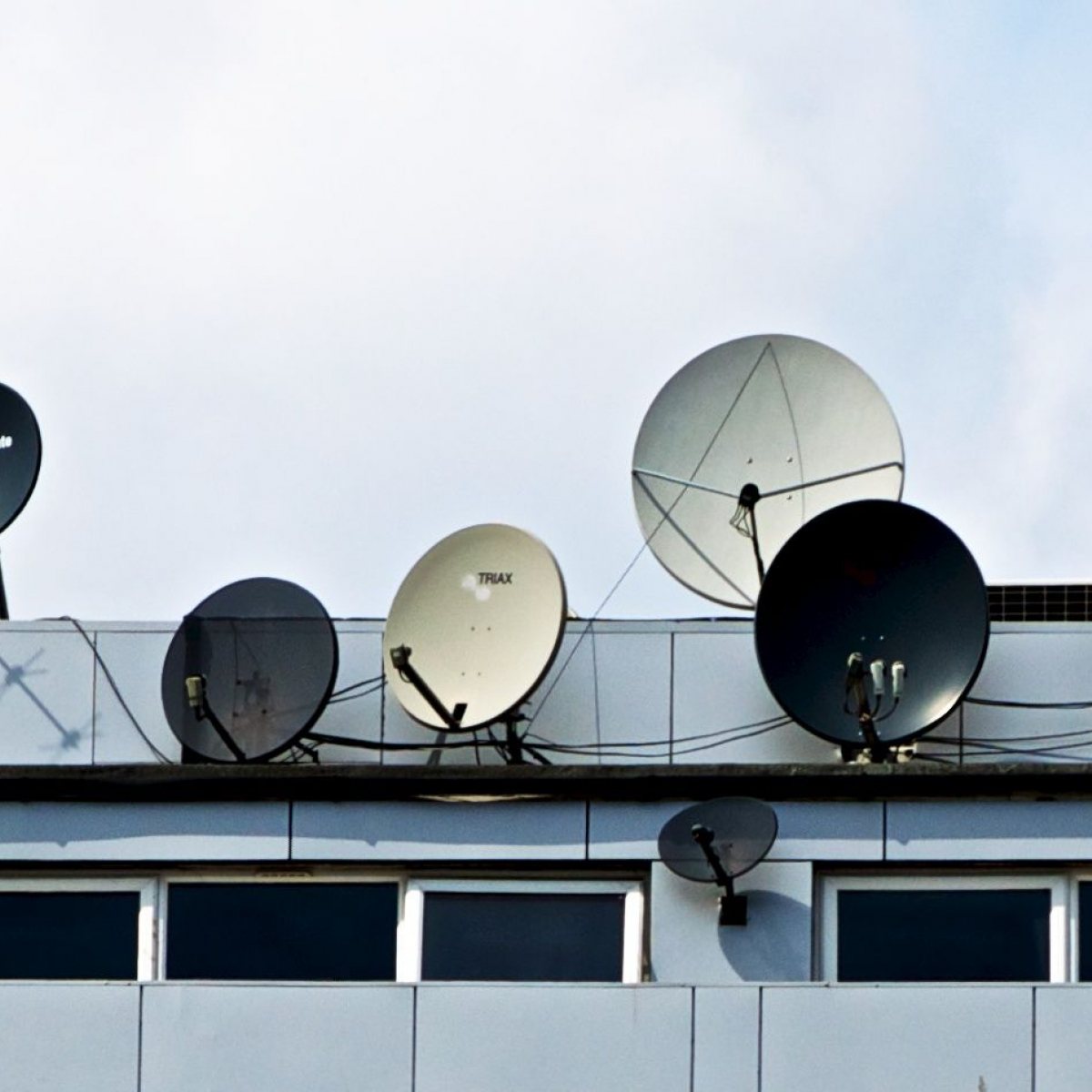

escalates its crackdown on the telecom giant. He now faces a federal criminal charge, as the U.S. The Chinese professor has been accused by a Silicon Valley startup in a civil lawsuit of stealing its trade secrets for Huawei Technologies Co. Bo Mao, a professor at Xiamen University in China and a visiting professor of computer science at the University of Texas at Arlington, departs federal court in the Brooklyn borough of New York on Sept.

In response to what they say is systematic espionage, the FBI and other agencies have been pushing universities and research institutions to tighten up policies governing outside relationships, travel disclosure and conflicts of interest for graduate researchers and professors.īut the government pressure - backed by the leverage of billions in federal grants to universities - has sparked accusations of racial profiling and pushback by college presidents who say they fear that a massive overreaction risks what makes America's university system special. as the world superpower, and they are breaking the law to get there." "China's communist government's goal, simply put, is to replace the U.S. "No country poses a greater, more severe or long-term threat to our national security and economic prosperity than China," said Boston's top FBI agent, Joseph Bonavolonta. A Chinese student at Chicago's Illinois Institute of Technology was charged last year with helping to recruit spies for his country's version of the CIA.A Chinese scholar at the University of California, Los Angeles was convicted in June of shipping banned missile technology to his homeland.A Chinese professor conducting sensitive research at the University of Kansas was indicted in August on charges he concealed his ties to a Chinese university.A Chinese Harvard-affiliated cancer researcher was caught in December with 21 vials of cells stolen from a laboratory at a Boston hospital.Much of this campus spying is never caught, let alone prosecuted, officials say. "That's where the science and technology originates - and that's why it's the most prime place to steal." "A lot of our ideas, technology, research, innovation is incubated on those university campuses," said Bill Evanina, the top counterintelligence official in the Office of the Director of National Intelligence. Department of Justice / FBIĪmerica's world class university system has become a soft target in the global espionage war with China, intelligence officials say - and they are pressing universities to do something about it. The same day, a former Boston University student was accused of visa fraud after she allegedly failed to disclose her status as a lieutenant in the People's Liberation Army. In late January, the chairman of Harvard's chemistry department was arrested by FBI agents in his office, charged with lying about a lucrative relationship with a Chinese talent recruitment program. criminal cases alleging Chinese spying in the academic world. Mao, who has pleaded not guilty, is among the latest defendants in a string of U.S. Because today’s marketplace is unstable, many employees do not feel a sense of loyalty to their employer, and this may lead to the phenomenon of industrial espionage.But what makes the case against Mao particularly noteworthy is how he was accused of carrying out the theft: By using his status as a university researcher to obtain the circuit board under the guise of academic testing. Disgruntled employees are the most sought after asset by a competitor because of the corporate knowledge they possess. In today’s world where business contracts are awarded with a “winner take all” mentality, some domestic companies and foreign corporations alike will go to any measure, including criminal activity, to ensure that they are awarded the contract. There is also a review of foreign intelligence services as a threat to business and a need for intelligence in the United States to stay one step ahead of the competition. This article defines industrial espionage, summarizes the laws designed to curb this type of abuse, and discusses the reasons for industrial spying. Freeh, Director of the Federal Bureau of Investigation, stated that economic espionage costs the United States $100 billion each year in lost market share. In a speech given to the Executive’s Club in Chicago, Illinois in 1995, Louis J. Profits from industrial espionage can be enormous so too are the consequences.


 0 kommentar(er)
0 kommentar(er)
